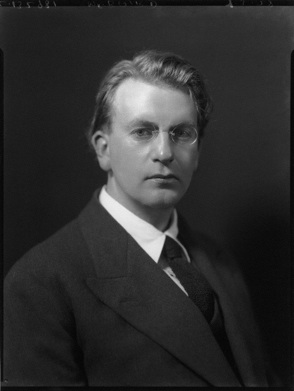
Name: John Logie Baird
Born: 1888 in Helensburgh, Scotland
Died: 1946 in Bexhill, England
Profession: Engineer
Podcast:
The story of John Logie Baird's life is almost equal parts visionary genius, unfortunate setback (often in the form of fires) and ill health. He is best known as an early pioneer in the invention of television.
Born in the picturesque Clydeside town of Helensburgh in 1888, Baird was educated at the Glasgow and West of Scotland Technical College, now the University of Strathclyde and the University of Glasgow. The outbreak of World War I interrupted his degree course and he never returned to graduate.
His early career as an inventor had varied success. There was the rust-resistant glass razor that had an unfortunate habit of shattering. Or the pneumatic shoes, which contained balloons that occasionally burst. While at college, he tried to turn graphite into diamond using electricity and shorted out Glasgow's electricity supply. Finally, Baird achieved limit success with the Baird undersock, a thermal sock with an extra layer of cotton built in that went some way to alleviating his perpetually cold feet.
Many biographies understandably focus on Baird being the first to publicly demonstrate television. However, though his was the first, the system that eventually gained prominence was an entirely electrical European design from EMI-Marconi. Among other issues, Baird's television cameras had a habit of catching fire during filming. Of perhaps greater interest were Baird's ideas for the future of television. 80 years before the BBC demonstrated 3D television, Baird demonstrated a monochrome stereoscopic system for 3D viewing. In 1943, he tried to make a 1000-line Telechrome colour system the post-war broadcast standard. Had his system been adopted, it's quality would have been similar to the high-definition 1080 line quality that has only recently been adopted. How different the past could have looked to us now.
After battling what was known at the time as a 'weak constitution' for most of his life, due to a serious childhood illness, Baird died in 1946, aged 58, in Bexhill-on-sea, East Sussex from a stroke. He was buried with his Father and Mother in the family plot in Helensburgh. In the last decade, he was voted one of the 100 greatest Britons and one of the 10 greatest Scottish scientists in history.





